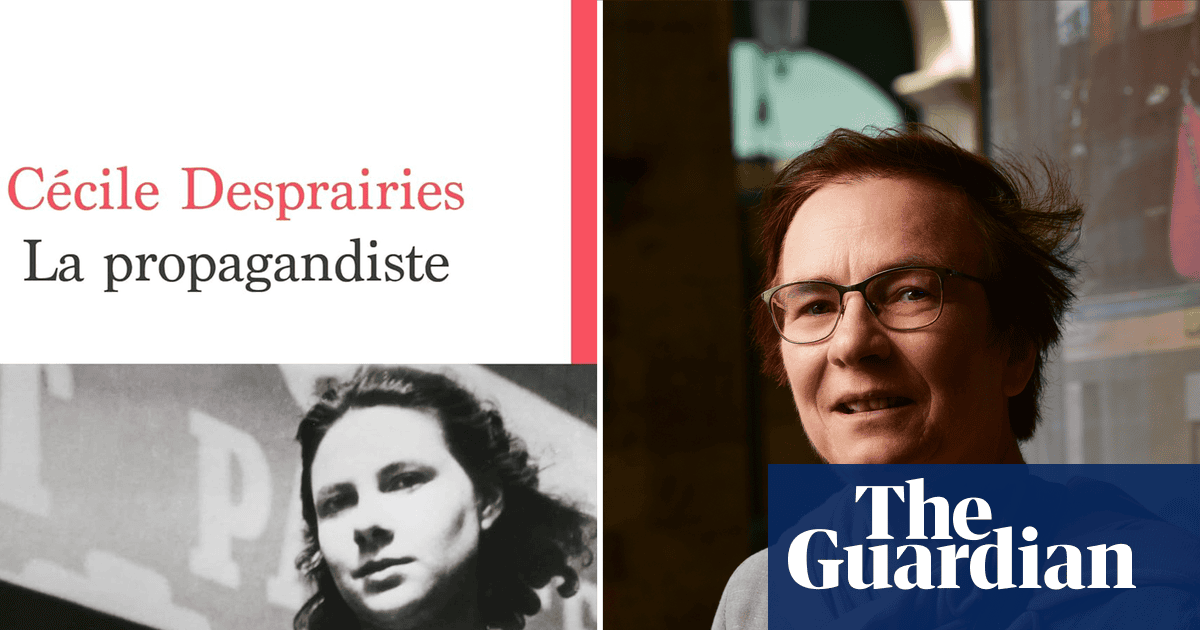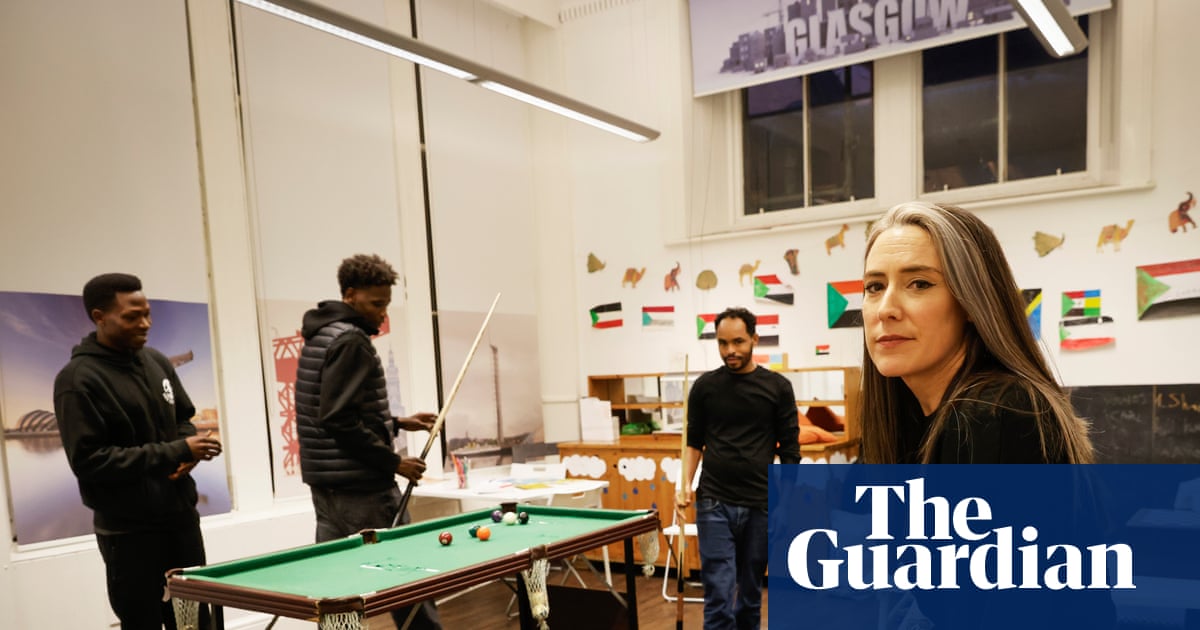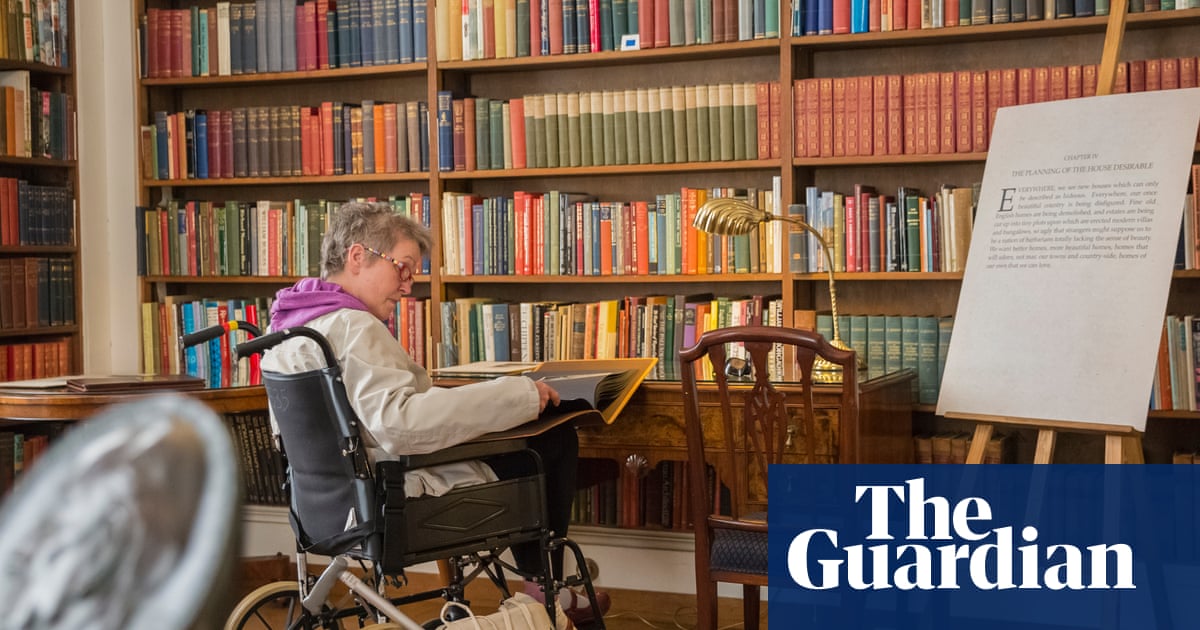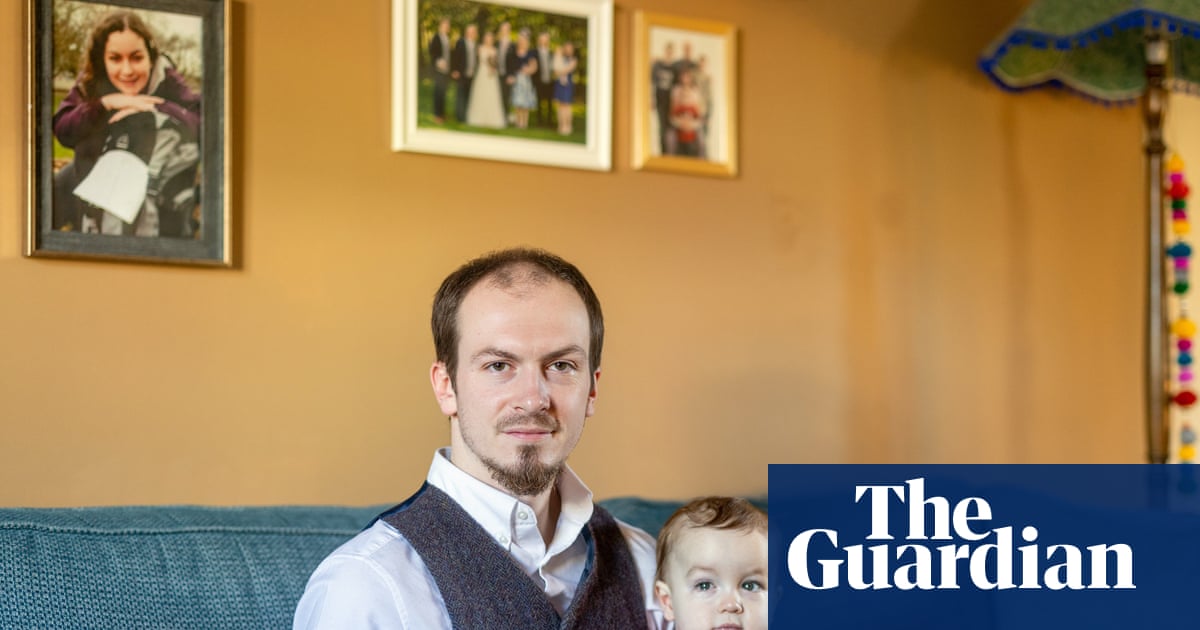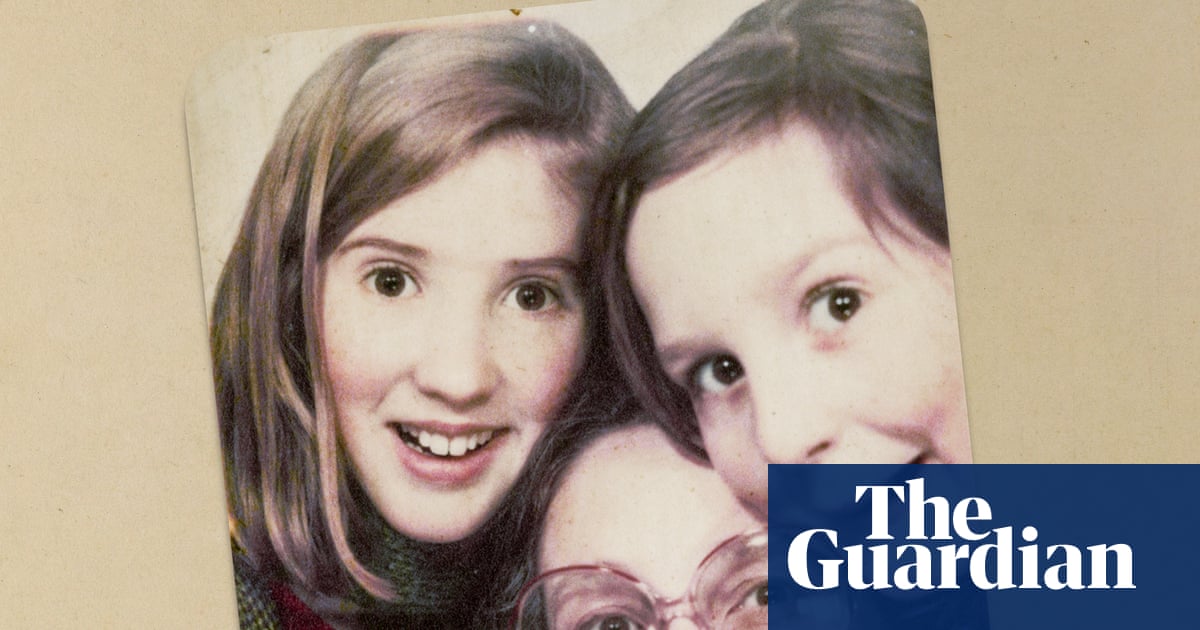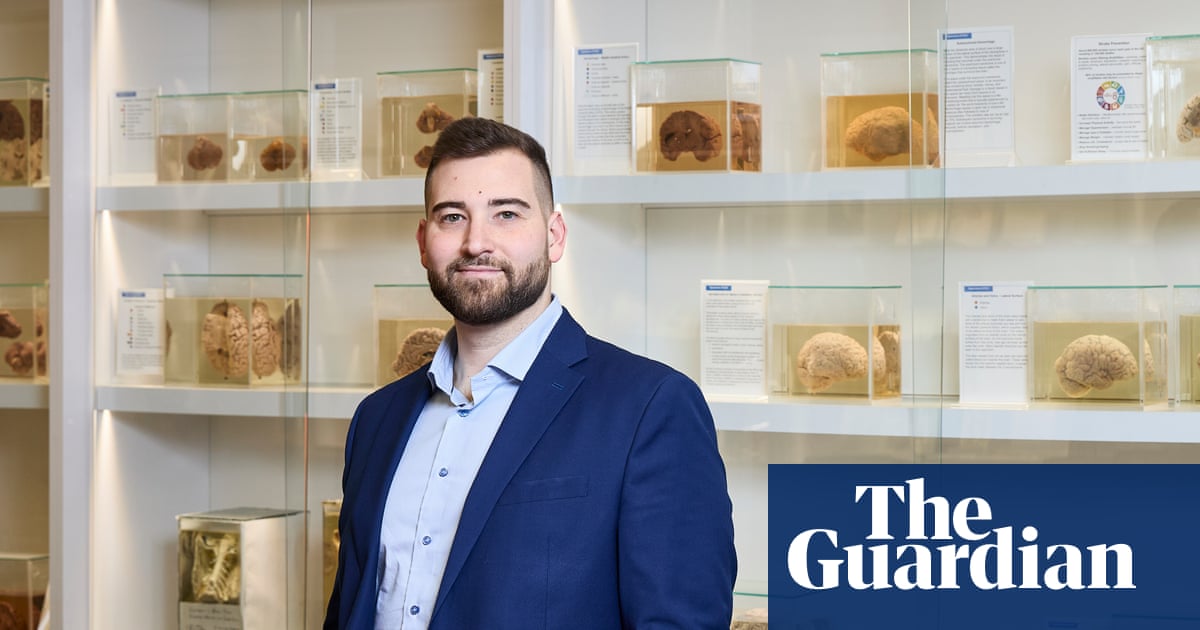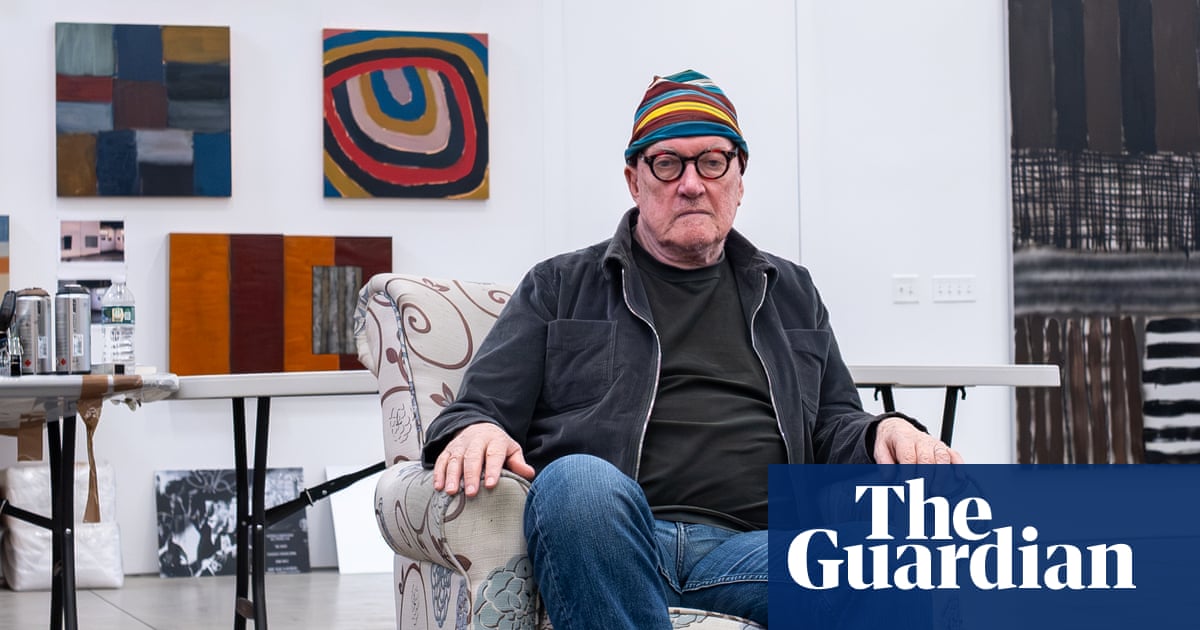On Friday 13 June this year, a name that many people had been desperately trying to uncover for almost a decade was finally revealed. In a Northern Irish courtroom, a former vegan recipe content creator turned internet entrepreneur from Somerset was exposed as the hitherto anonymous proprietor of a gossip website named Tattle Life. His true identity is Sebastian Bond, and his unmasking may have kickstarted the biggest flurry of celebrity lawsuits since the Leveson inquiry revealed the extent of phone hacking in British tabloids.
Tattle Life is a members-only forum that invites users to create and contribute to publicly readable threads of what it calls “commentary and critiques of people that choose to monetise their personal life as a business and release it into the public domain”. The site itself is monetised via Google adverts and ostensibly specialises in “calling out” (overwhelmingly female) people in the public eye, policing them on their online commercial integrity (adverts, brand deals, sponsorships and so on) and on their lifestyles, specifically their parenting, marriages, relationships and friendships. In practice, many of its targets are not by any measure well known – they’re small business owners, people with a modest online presence. Daily theorising on their personal and professional lives sits alongside mean-spirited commentary on stars such as Stacey Solomon, Katie Price, housekeeping influencer Mrs Hinch and huge vloggers such as Lydia Millen and Zoe Sugg. Northern Irish fashion retailer Donna Sands fell into the former category and it is she and her husband, Neil, a former Silicon Valley executive and serial entrepreneur, who have dealt the heaviest blow to the site since its inception more than eight years ago.
It all began in January 2021, Donna says, when a friend told her she’d heard Donna’s name come up between colleagues at her office. Threads from a gossip site were being discussed. Donna, who had never heard of Tattle Life, went to look and found an extended rally of critical comments that became more extreme by the page. “I realised very quickly it went from, ‘She’s fat, she’s ugly, her wedding dress is so tacky’ to, ‘She looks so fat, maybe she’s pregnant’ and then to, ‘No, she couldn’t be pregnant because she’s actually too selfish to have a child.’” Comments turned to her women’s fashion business which, as is common for many independent retailers, Donna sometimes marketed on Instagram. “Then it was, ‘Oh, she must just buy it all off [low-cost fast fashion site] Shein and wrap it up in nice paper and send it out to her customers.’” This false claim was the first thing customers saw when they Googled the business. “So people lose trust in what the brand is and in the integrity of me as a business owner,” Donna says.
Soon, the abuse took a darker turn. One Tattle Life user had followed the Sands to a house viewing, posted their location on the site and told users where the couple were moving before they’d even shared the news with their families. Another, a solicitor, approached the couple in a restaurant, said she was from Donna’s home town, accepted a drink and engaged them in conversation, before posting an embellished version of what was said on Tattle Life the same evening. The couple became nervous of anyone they didn’t know well. Neil says, “The straw that broke the camel’s back was when I wrote [to Tattle Life] and said, ‘I’m begging you to take this down.’ I can remember writing those emails and hitting send and feeling the humiliation of begging somebody to stop hurting your wife. It was having a big effect on my family. My parents are elderly and our families have nothing to do with any of this … ” And yet, Neil says, these family members, hardly “people that choose to monetise their personal life”, also apparently fell within the Tattle Life users’ ever-expanding remit and regularly featured in their discussions. Neil claims his pleading emails were stonewalled, as were those of multiple other Tattle Life victims. “It’s a really important thing that’s not being discussed,” Neil says. “That when this guy woke up in the morning, he opened his email and a couple of things would just go through his head, I guess. The first is, ‘I’m going to ignore those solicitors’ letters. I’m going to ignore the court order that says ‘persons unknown’ at the top of it. I’m going to ignore the mother who says that her son has cut himself today for the fourth time because he can’t put up with another day’s abuse … ”
Just as most of Tattle Life targets are female, so, too, is the majority of its user base. Women, famous and not, are commonly torn down for their appearance and weight, as well as that of their children and partners. There is an obsession with “dishonesty” that frequently becomes nonsensical and unhinged. I also create content on Instagram as part of my job and have variously been accused of secretly being taller/shorter/fatter/thinner and of lying about my eye colour, having engaged in cosmetic surgery I haven’t had, my need to wear glasses and even the weather outside. If this was the full extent of the content, I suspect we’d all be delighted. But Tattle Life victims have also talked of deeply traumatic experiences inflicted on them by contributors.
Reporting influencers and celebrities to social services for child abuse is believed by victims to be a common tactic (one content creator who wants to remain anonymous told me in 2020 that social services had turned up to her labour in hospital). Fake and malicious reviews are left for small businesses, services, books and products created by figures of Tattle Life hate, sometimes resulting in failure and closure. People have been maliciously accused of alcoholism or drug addiction. Some victims claim to have left their jobs or closed their businesses as a result of the harassment.
Since 2019, I’ve spoken to more than two dozen victims (the Sands have been contacted by many more) who are too frightened to go on the record, or who can’t because of legal proceedings they’re bringing against the website. They’ve cited documented incidences of death certificates, mortgage deeds, home addresses, medical information, official correspondence, children’s photographs and their school details being obtained or leaked and posted on the site – all Googleable for public consumption. I have learned of three suicide attempts, including one by a model and mother I spoke to in her inpatient mental health facility, as a direct result of “unbearable” treatment by Tattle Life users. Neil and Donna Sands have even more testimony. People with disabilities, serious and terminal illnesses; their spouses, the bereaved, their children – all are considered fair game if connected to someone Tattle Life considers to be unlikable or dishonest. Those who describe the trauma of the abuse are generally accused of faking their feelings for attention and sympathy.

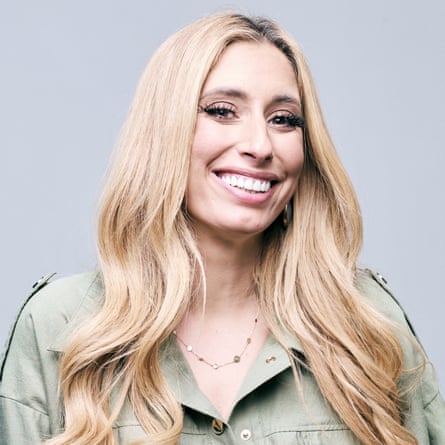
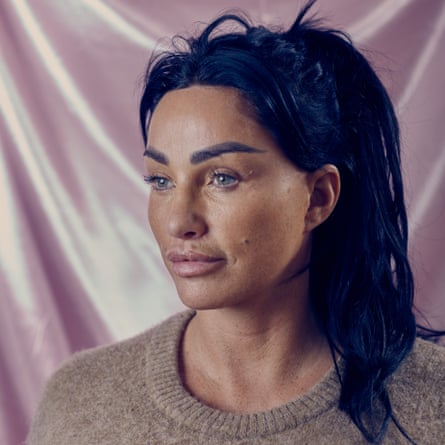

Nonetheless, Tattle Life has, the Sands say, a history of either ignoring calls to remove defamatory posts or doubling down on them. Having failed to achieve any redress via this route, they began pursuing legal action, which in 2023 resulted in the award of £300,000 in damages, plus substantial legal costs, which means that Bond now owes them more than £1m. Describing Tattle’s business model as “solely aimed at making profit out of people’s misery”, Mr Justice McAlinden warned that “a day of reckoning will come for those behind Tattle Life and for those individuals who posted on Tattle Life”. A further ruling in June this year, finally allowing Bond’s name to be made public, also led to a flood of emails to Neil and Donna from other victims. They now have evidence of vast amounts of correspondence to the site’s email, forwarded to them by other Tattle Life targets after Neil appealed for proof that other victims’ pleas had been ignored. “We’ve heard so many. There was a pregnant mother who tried to take her life on Christmas Day because of what was happening on Tattle Life. There was another who ended up in a mental health facility, and the woman who was caring for her posted her patient notes on the site. The stories just make your head spin.”
So how did the Sands succeed in identifying Bond, where so many victims, journalists and others hadn’t? Neil’s tech background “definitely helped”, he says, explaining that a network of tech contacts helped to investigate the digital architecture of Tattle Life, “but I would say that perseverance was probably what won this out. I remember going, ‘If I can find a thread to pull on this sweater, I’m going to pull it all apart.’ I just wasn’t letting somebody hurt my wife like that.” Much of the investigation involved grunt work and the forensic observation of Bond’s mostly pseudonymous online identities. Connections were made between Tattle Life and social media accounts; then to Bond’s own vegan recipe influencer account, @nestandglow, and other businesses. “And, yeah, we eventually got to his identity but, again, his identity is hitting a moving target with a dart. He has so many different pseudonyms. I think he had 14 emails and most of them were active.”
The Sands were insistent that the uncovering of Bond had to be done correctly, in contrast to the ethical void and absence of due process on hate sites such as Tattle Life. They requested anonymity for all parties, including Bond, until a verdict was delivered. Neil says, “By requesting anonymity the whole way through it, we weren’t getting people’s hopes up. So we had to make that choice every time we went into court to say, ‘Let’s just keep this reporting restriction on, so that this guy isn’t impacted if it’s not him.’”
One of the more frustrating aspects of previous social media pushback against Tattle Life, and specifically attempts to unmask those behind it, is the way some victims have taken to doxing suspected users, admins and owners, using the same ham-fisted, scattershot and premature tactics as the people they seek to admonish. One online witch-hunt concluded with a novelist and her sister, both entirely innocent and uninvolved, being “exposed” on Instagram, where they received so much abuse that they closed their accounts. The Sands were determined not to engage in the same hypocrisy. There were also practical benefits to keeping Bond anonymous, Neil says: “There was a good chance that if we had raised his name earlier, he would have pulled the site down and run. And a lot of people wouldn’t have seen their justice.”
The Sands have successfully submitted an application to the courts obliging Bond to reveal the email addresses of some of Tattle Life’s most egregious users, who needed nothing more than that to start posting anonymously on the site. They want people to know that there will be repercussions for online abuse, harassment and defamation, and that no one is truly anonymous. I’m not sure many care. Since I was first contacted by a family blogger in 2019 and told I was a target on a “hate site”, I have identified about 30 of the women who, at various points, have spent up to 16 hours a day criticising me and, much more upsettingly, making up stories about me, my family and my relationships. Some fled when they realised they had been uncovered, a small number wrote to me later to apologise, some remain while pretending to the group that they haven’t yet been caught, but mostly they are unrepentant and happy to continue as before. They are teachers, nurses, solicitors, accountants, marketing professionals, college lecturers and at-home mothers living in Orkney, Coventry, Cambridge, London, the US, Australia. What they all absolutely believe is that they are on the right side of the argument; that they are merely “expressing an opinion” on their subjects and their loved ones. Meanwhile, victims are expected to have a thicker skin, and advised, “If you don’t like it, don’t look.”
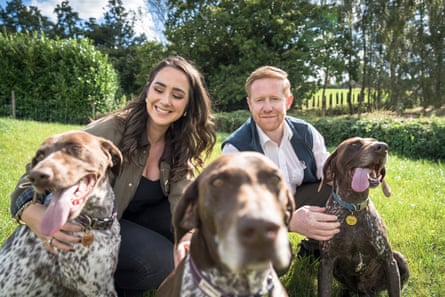
Neil and Donna Sands reject this position. Neil says, “It’s not regular human experience that anything you do has this centralised hub of hate, targeted specifically around what you’ve put out into the world and that you should be just fine with it.” Donna adds, “They say, ‘Oh, well, don’t go on to the site. They [the site’s targets] must be highly self-centred.’ Nobody wants to go on to the site but to see if there’s something really untrue … I always felt like I’d rather know than have people thinking that behind my back.”
Another issue with the often well-meant advice not to look is that it ignores the tendency for both users and content to follow subjects off the site, around the internet and into everyday life. Although I had a third party monitoring the site and screen-grabbing anything that I might need in the future, I personally became so obsessive in avoiding it that I bought blocking software, and asked my husband to Google anything I ever needed where there was even a small chance of a Tattle Life search result. Yet still I would hear from Tattle Lifers who couldn’t resist bringing their “opinions” to my social media accounts, “supporters” who felt the need to tell me what was being said, and even complete strangers in the street. I will never forget the humiliation and panic caused by a teacher at my son’s school approaching me to say how sorry she was about “all the horrible stuff about you” that she’d read on Tattle Life. Or how several Tattle Life users – one of them a schoolteacher – persistently attempted to follow my then young children’s locked Instagram accounts.
after newsletter promotion
They accused me of having rewritten what they wrongly believed was a privileged background (at one point, they elevated my local council officer father to a titled aristocrat) and made false statements about my dead mother. Most painfully, they interpreted my deliberate decision not to post about my children as a sign that I didn’t much care about them. Unable to cope with the constant harassment, personal embarrassment and guilt at having put my loved ones in the line of fire, I seriously considered quitting my job and changing careers. I reduced my social circle dramatically, became nervous of going out and had to seek (ongoing) medical and psychological treatment. All of which Tattle Life users excitedly scanning this piece will doubtless be discounting as exaggeration, a just price for an online presence, or simply untrue.
No one is beyond criticism or unkindness, and I am used to the combative and unpleasant nature of internet discourse. I am not kept awake at night by a stranger hating my clothes. But the lies, embellishments and unfounded speculation are unforgivable and damaging. “We weren’t shy of someone saying you’re fat or you’re ugly,” Donna says. “It’s not nice and it is not necessary because we’re all adults. These are 30-, 40-, 50-year-old women. We can take a lot of the flak, but it’s when stories are made up and people believe it and change their opinion of you, which undoubtedly they will.”
For a site purporting to be obsessed with honesty, Tattle Life appears to take a hard line on attempts to correct the record. There is much testimony from people who have jumped on the site to defend the subject with facts, and have been immediately blocked and deleted. Positive takes dilute the hate and may prompt reflection on the part of the community. They are bad for business. Neil’s theory is that this is why Bond at one point closed the site to new members. “He didn’t need them. They would turn down the volume within a thread. Somebody would defend their brother or sister, their wife or whatever, and then the thread would go quiet, because there was a voice of reason in it. And so new members were a problem for him. As long as he had the same people active on the site, saying the same crazy, hateful, clickbaity stuff, that was great for him. It was a great business model.”
Now, maybe not so much. Following the ruling on the Sands’ case, Tattle Life added a disclaimer to the site, letting members know that the proprietor is not responsible for the legality of user content or supportive of abuse. Neil believes this is a signal that users are on their own if someone decides to sue them. He points out that the traditional model of social media relies on trust between the owner of the site and the user. “But this guy, as soon as he gets a chance, he’s going to throw his users under the bus.” Neil claims to have evidence that traffic on the site has slowed dramatically and users are leaving. In fear of legal and professional repercussions, perhaps? “They are scared – and they should be. The internet’s not an anonymous place and if this guy can be found, every one of those people can be.”
I ask whether remorseful Tattle Lifers have been in touch with them. I received a handful of apologetic emails myself after I went public with my experiences with Tattle Life and even met one of my former trolls for BBC Radio 4’s File on 4. To her credit, she took full responsibility for her actions and said – I felt, sincerely – that she could pinpoint the exact timeline of difficulties in her own life simply by reading her vitriolic posts on the site. Donna Sands is suspicious of the sudden regret of fallen Tattlers. “Of course, the first thing everyone says is, ‘Oh, you know what? I was in a really bad headspace and I shouldn’t have said it, and my career is so important. I’m really, really sorry, and I’ll make a charitable donation.’ And you’re like, ‘Well, you’ve been doing this for years and laughing … ’”
Neil adds, “I know lots of people are coming out of the woodwork now, being like, ‘Oh, it’s my mental health.’ But so many victims, for these last eight or whatever years, their mental health was never a second thought to these people.”
However vile, vindictive and dishonest a post on a hate site may be, there is an uncomfortable ethical dilemma attached to outing its author. Will anyone really think well of someone exposing an NHS nurse who got carried away? Neil says they are aware of the potential for moral hazard: “We’ve always been very positive people. We are not big personalities by any means. And I would hate for us to be the couple that you’re afraid to say something to in a bar in case you get a legal letter … But I can tell you that there is a deep thirst in those who were victimised for that user list. It won’t be impossible to do, but I think we have to be careful because I think we’re better than this … The internet is better than this. Human beings are better than this.
“The thing is,” Neil adds, “they’re not all bad people.” But they are, he insists, helping to make something very bad. “They’ve all enriched that guy. I can tell you that much. I think it would engender a huge mistrust in society if you dragged every one of these people out and said they’re all trolls and no one’s to be trusted. But the most egregious ones, like the psychiatric nurse who posted the patient notes, that’s not even the fat end of the wedge. That’s the middle of the wedge. There are people who encourage others to take their lives on there.” Donna cuts in, “There’s a girl in my town and she had cancer, and there was a JustGiving page for her, and they trolled it all the way up until she died. And then after that, I was like, what are they going to say now? And it was, ‘Oh look, the grieving husband, there he is!’ They’re laughing about the grieving husband.”
So while they set about uncovering the identities of the worst Tattle trolls, what’s the Sands’ long-term plan? “We want somebody to be accountable,” Neil says. “The day that he has to walk up the high court steps will be a big day for everybody because it’ll be the first time anybody ever answered for online hate as a business.”
In August, Bond suffered another blow when his challenge to the court order freezing £1.8m of his assets was rejected. Disclosing that the Tattle founder was facing some 40 further lawsuits, Bond’s counsel unsuccessfully argued that it would be unfair to force his client so sell bitcoin holdings of £1.6m to pay for ongoing legal representation, due to the capital gains tax he would incur in the process. A further court date is scheduled. Bond’s appearance, Neil believes, would provide a much-needed focus for “a lot of victims who have no place to vent their kind of frustration, their anger, or to point at any sort of closure for what’s happened to them”.
Next, they want Tattle Life to be shut down. The business model of monetising somebody’s pain has to go away, they say. Crucially, they want the nine major UK and Ireland mobile phone networks to de-list the site, making it inaccessible by smartphone, and for Google to suspend Tattle’s ad revenue from platforming its roving ads. If that happened, the hate would become unprofitable, especially to a company that owes large sums of money to the Sands and potentially many more victims who say they’re gearing up for legal action.
The Sands want Bond to be compelled to appear in court, to finally face his victims from the dock and know that he is being judged, just as Tattle Life victims have been for the last eight years. “And I’m very excited for that,” Neil says. “No matter which way it goes, it’s a victory because he never thought for one moment that anyone would catch him.”

 3 months ago
85
3 months ago
85



